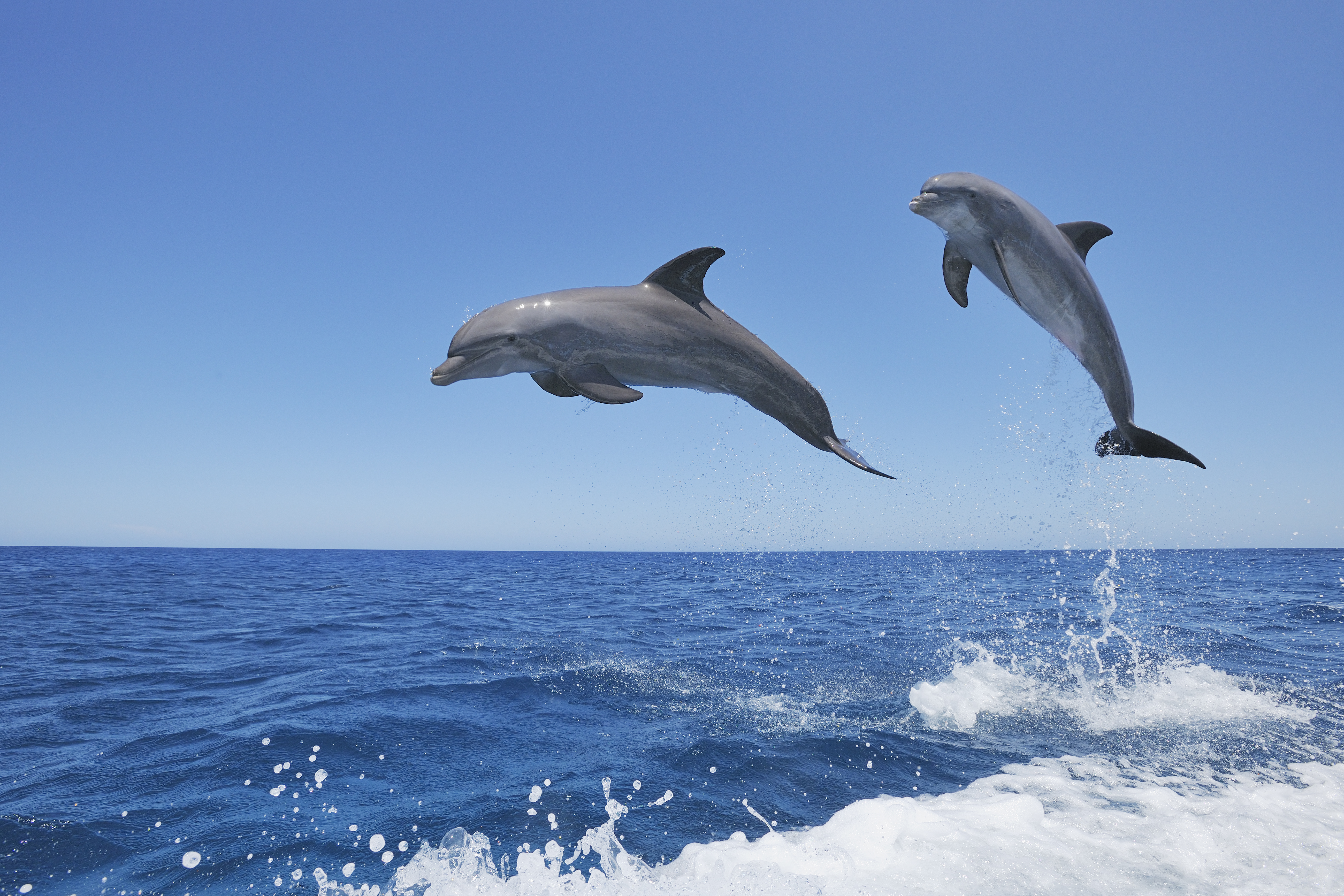
Why there's no such thing as a lefty dolphin
New research on bottlenose dolphins has shown that they favour their right-side even more than humans do.
Scientists have found that the cetaceans almost always veer left when they are about to feed off the ocean floor. This shows that their right eye and side are dominant because the turn allows the animals to keep them closer to the ocean floor.
‘This strength – approximately 99% of turns by individuals were to the left – appears to be stronger than the left- or right-hand preferences in humans,’ said Dr James Herbert-Read, a Cambridge biologist. ‘It’s rare to see such strong and consistent lateralisation between individuals within a population.’
Full story (The Guardian)
Tipping point for climate change?
The next decades could see irreparable changes to the climate system, according to a group of earth system scientists. They believe that issues caused by global warming may feed off one another, amplifying the emergency we face.
As an example, they mention the Amundsen Sea Bay of West Antarctica, where the meeting line of ice, ocean and bedrock is retreating irreversibly. ‘A model study shows that when this sector collapses, it could destabilise the rest of the West Antarctic ice sheet like toppling dominoes — leading to about 3 metres [9.8 ft] of sea-level rise.'
According to researchers, ‘evidence is mounting that these events could be more likely than was thought.’
Exquisite houses, the beauty of Nature, and how to get the most from your life, straight to your inbox.
Read more (Nature)
Farmers up in arms over BBC's perceived vegan bias
A nursery in Chester that has gone completely vegan has rustled feathers among farmers, following an appearance on the BBC Breakfast TV programme — while the broadcaster is also under fire for airing a controversial documentary about meat production.
Meat: A threat to our planet? presented all sorts of scary data about meat production — but focused on environmentally damaging practices from the Americas, many of which have long-since disappeared from Britain.
The NFU have officially complained to the BBC about the documentary, with Fran Barnes, the union's head of communications, releasing this statement:
'Meat A Threat To Our Planet is showing farming about as far removed from British beef production as it is possible to be. Given that most British beef is extensively grazed and grass fed, how helpful is this documentary to British people? For the hard of hearing, British beef is usually extensively reared, with grass making up the majority of the cow's diet.'And I do wonder whether this programme's aim is to deliberately tar all global farming systems with the same brush. This is not accurate, helpful and could actually make the problem worse.
Read more (Farmers' Guardian / Daily Telegraph)
Save the date for Yorkshire pudding
Fans of baked batter have a new hot date for their calendar: next year will see the launch of the UK’s first-ever Yorkshire pudding festival. Held at Leeds’ Kirkgate Market, it will feature dozens of street food stalls selling variations of the Sunday Roast’s favourite accompaniment.
On the menu will be a wide range of different puds, from classic ones to Indian-inspired creations and even sweet concoctions.The Yorkshire Pudding Festival will take place on February 1, 2020.
Read more (Manchester Evening News)
On This Day... in 1582
...a young couple from the Warwickshire bought a licence to get married. It wasn't exactly a standard set-up: he was just 18 years old, she was 26 and three months pregnant, and many have suggested that it was a shotgun wedding. Others have suggested that it was anything but, due to her elevated social status, a dowry of £6 13s 4d left in the will of her deceased father and his own lack of prospects.
The endless speculation on that score will never stop, not least because so little is known about the life of the young woman, while the young man became one of the most famous humans in history. Her name? Anne Hathaway. His, of course, was William Shakespeare.
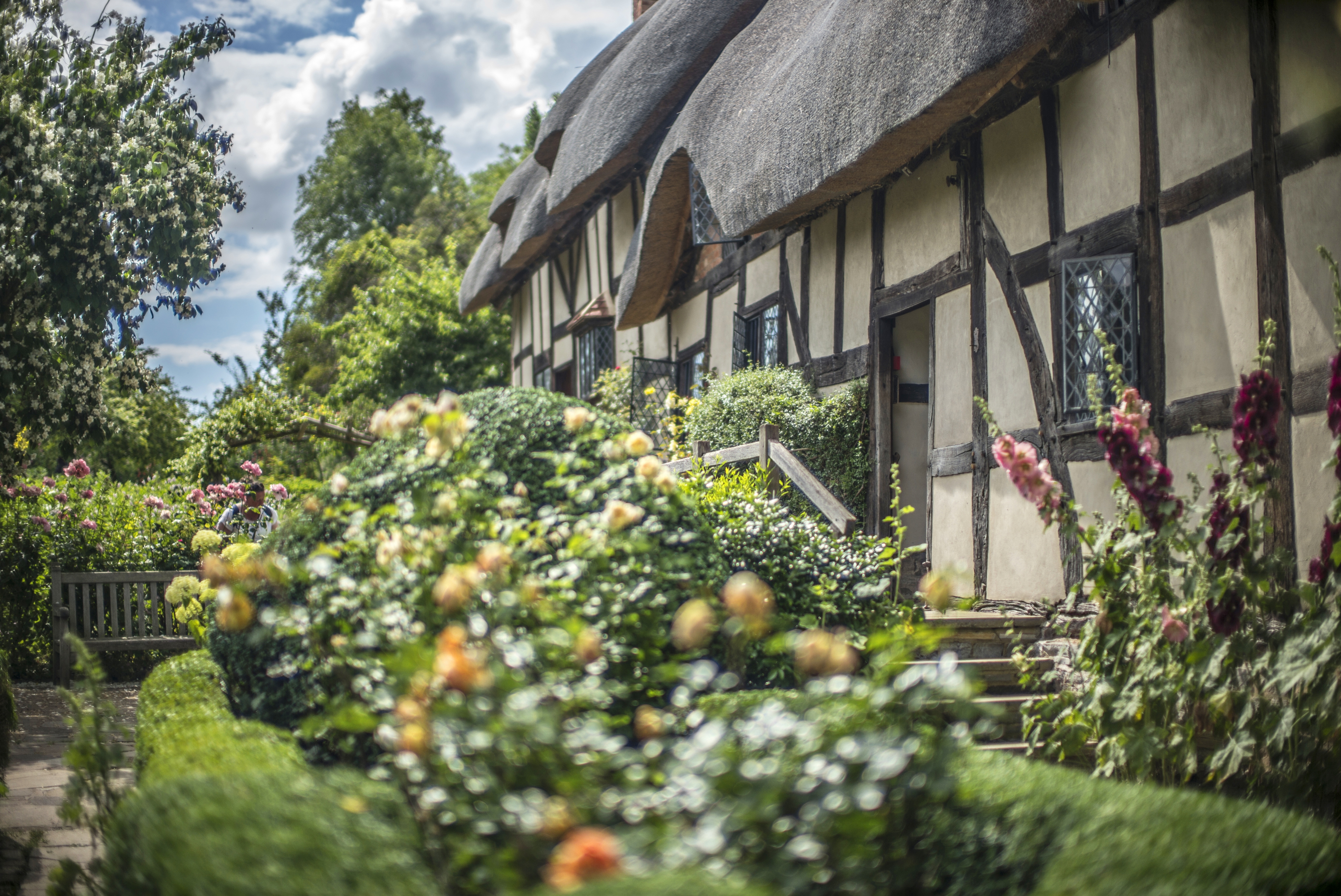
Norfolk to get 110,000 new trees
North Norfolk is doing its bit to tackle the environmental crisis. The local council is planting a tree for every person in the district. Over four years, that makes a whopping 110,000.
The first two trees were planted at the North Norfolk District Council's office in Cromer by Leader Sarah Bütikofer, Chair of the Council Clive Stockton and Senior Countryside Supervisor Anne-Marie Gedge, with another 10,000 to be planted at Holt Country Park and in woodland areas.
Full story (Eastern Daily Press)
And finally...
'Yeah, let's see if there's another way around...'
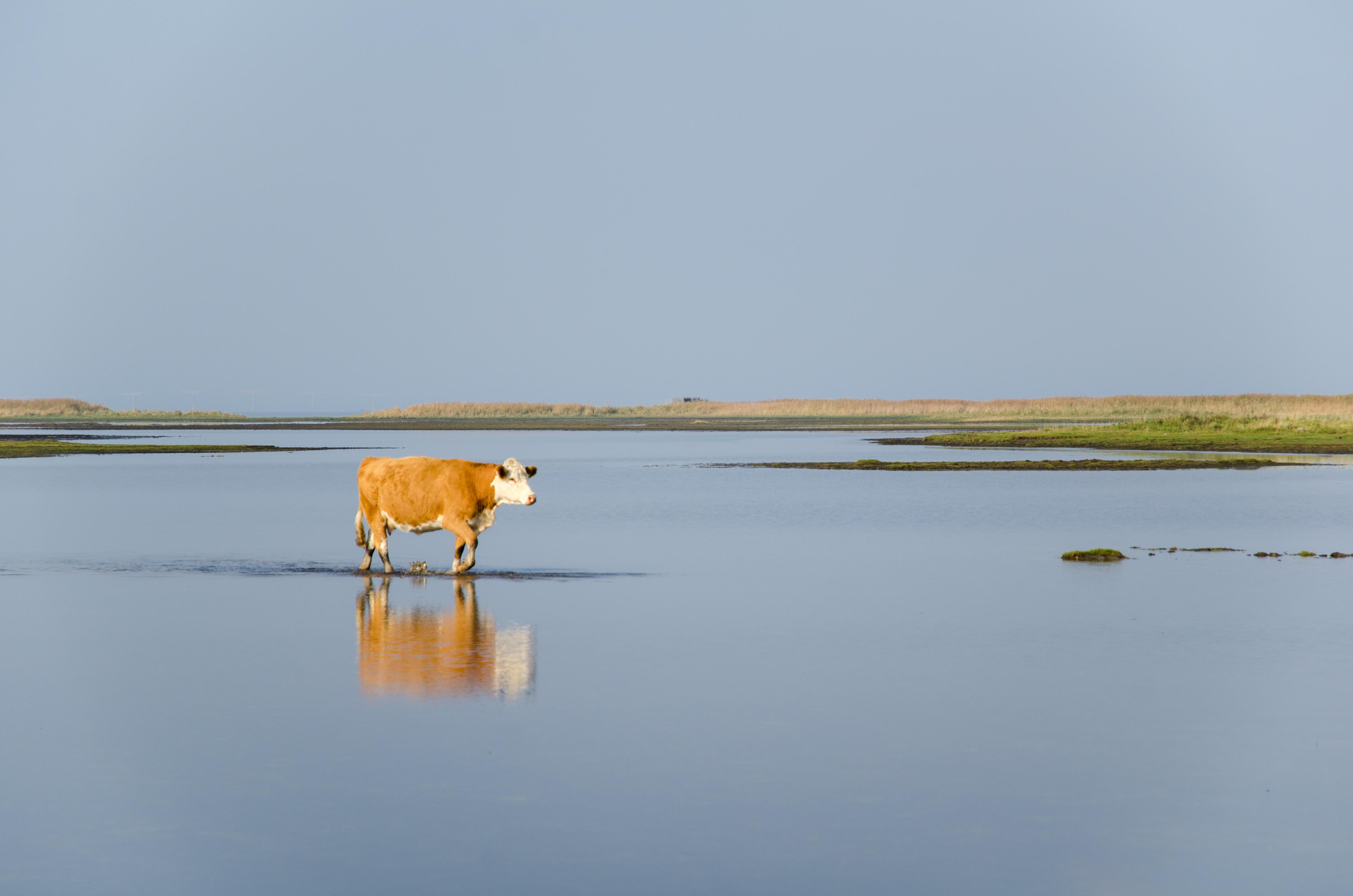
Credit: Alamy Stock Photo
Making waves: Could floating dairy in Europe's busiest port pave the way for future farming?
Cows enjoy beer-infused hay on the world's first offshore dairy farm in the Netherlands.
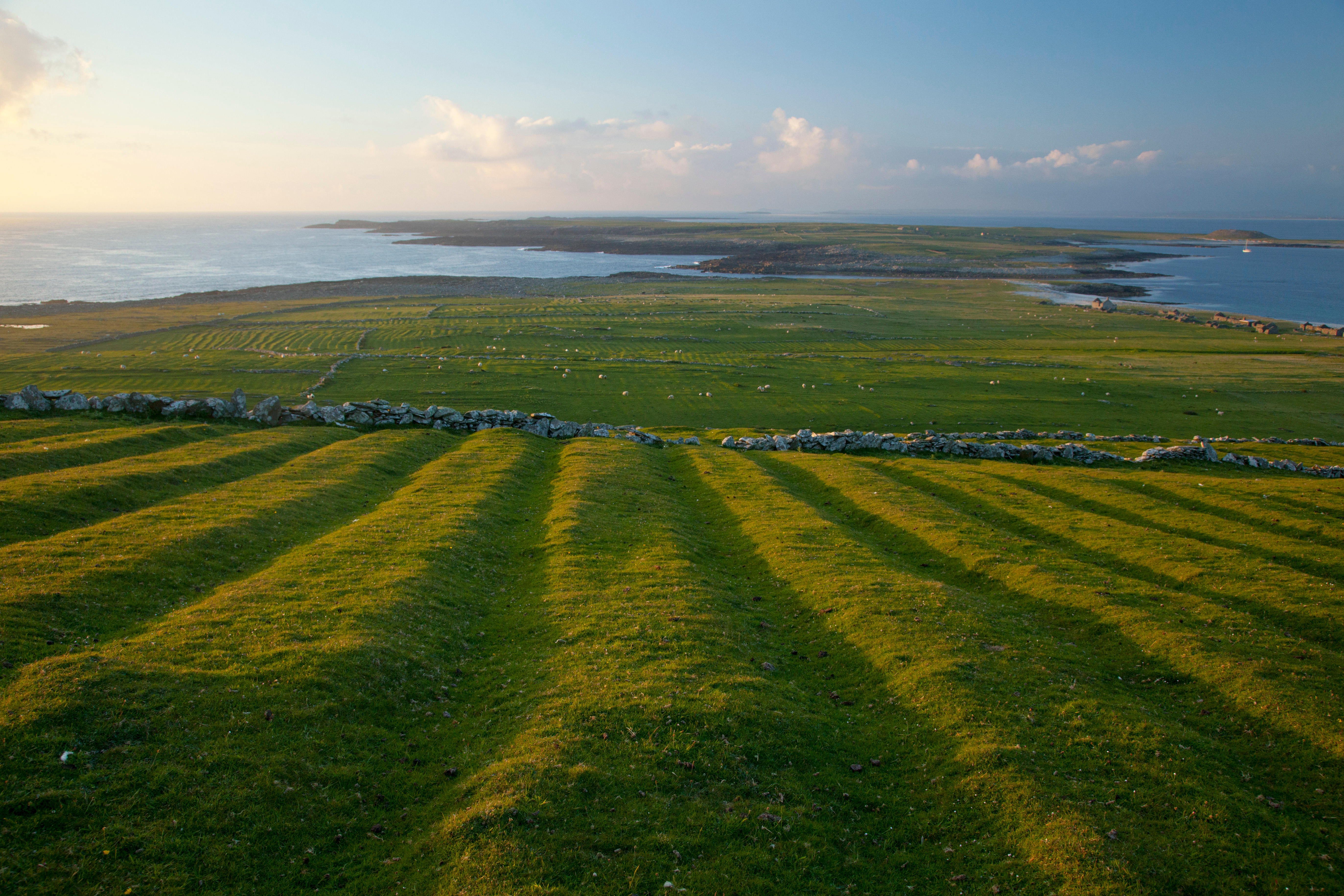
How wild potatoes could help spuds resist the deadly blight that caused the Irish Potato Famine
Scientists believe that genes from wild potatoes could help protect regular crops from the disease that caused the Irish famine.
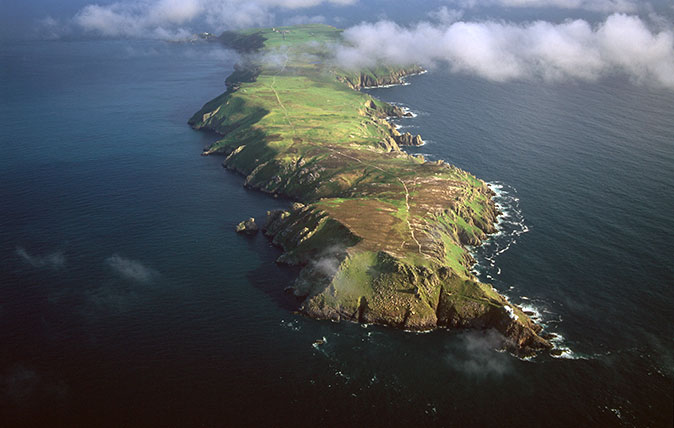
Credit: robertharding / Alamy Stock Photo
Lundy Island: The joys of a good walk, inspiring beauty and no phone signal
Fiona Reynolds was left refreshed and exhilarated after a trip to Lundy Island.
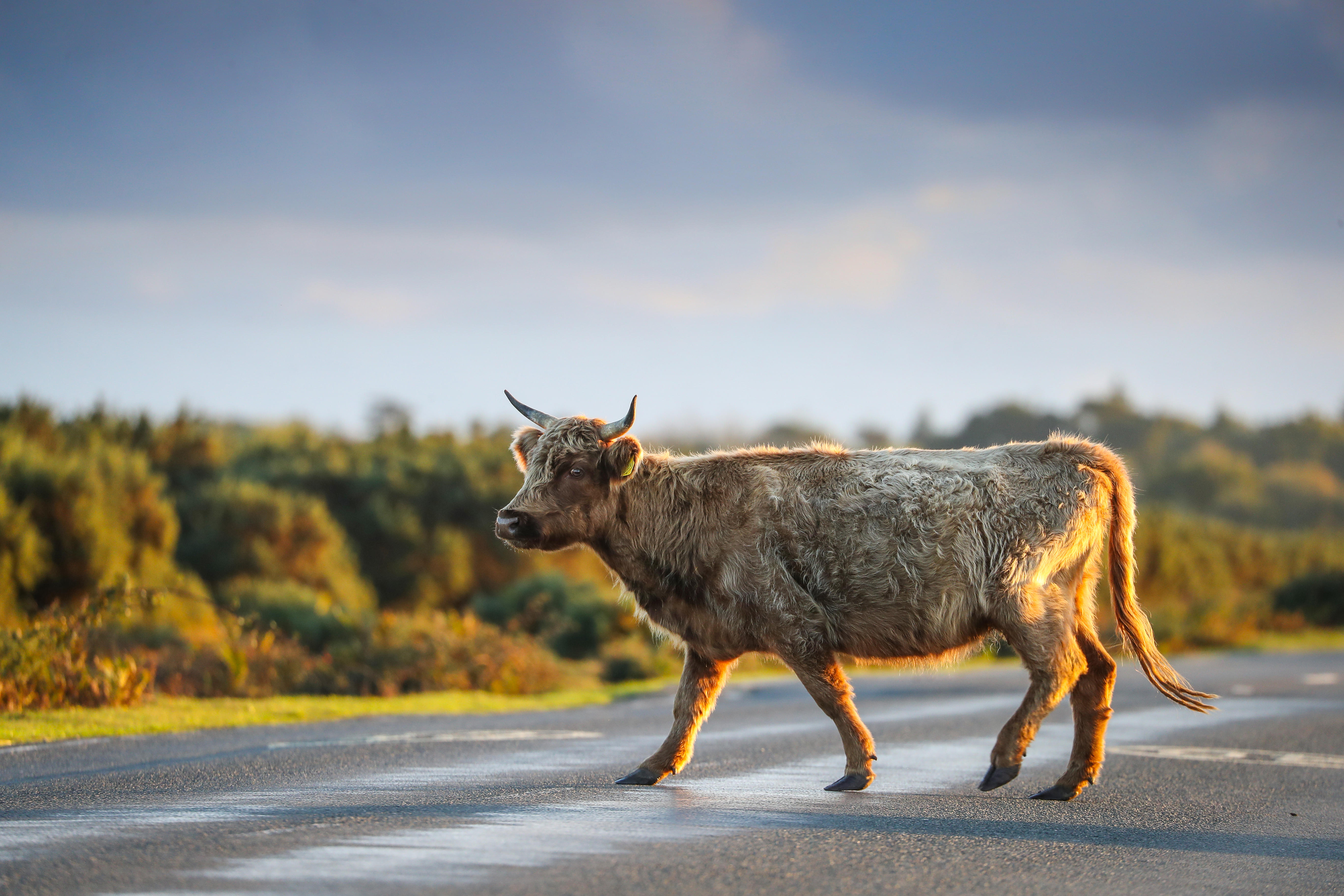
New Forest cattle to be dehorned — and walkers who have 'lost any respect' for nature are blamed
The New Forest Commoners Defence Association has asked cattle owners remove the horns of their stock after a rise in
Toby Keel is Country Life's Digital Director, and has been running the website and social media channels since 2016. A former sports journalist, he writes about property, cars, lifestyle, travel, nature.

